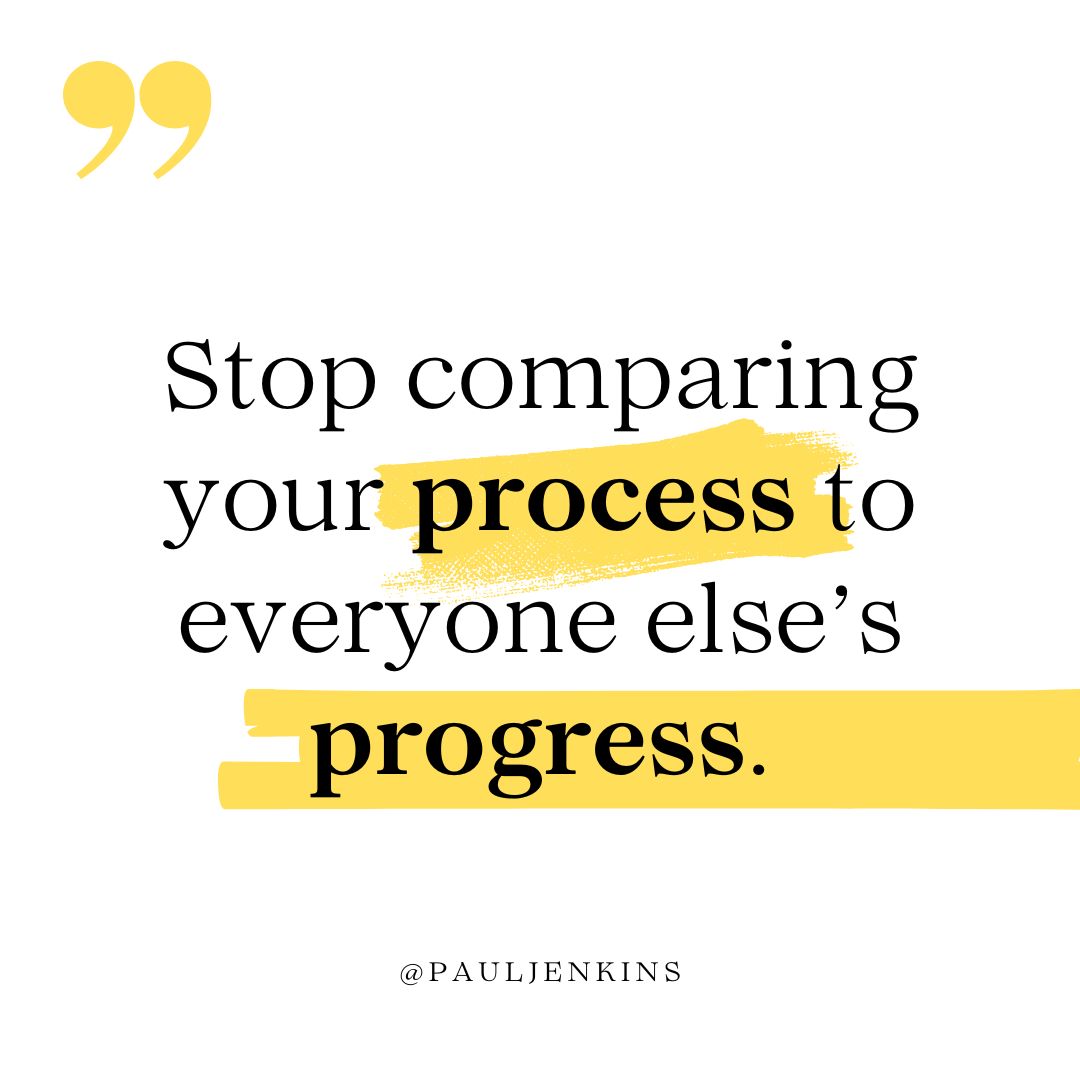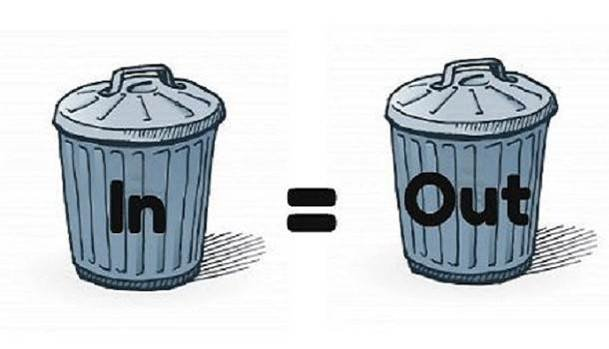This is my first post in February, or what is otherwise known as the beginning of “The Annual Black Hole of Gym Memberships” for most people.
Did you know that a staggering 90% of people who join a gym as part of a “New Year — New You” resolution will stop going within three months?
NINETY PERCENT.
That’s a big elephant in the room. An elephant that represents failure (again!), and the realization that we may never be one of those people — the ones who stick with things and succeed.
It’d be one thing if it was just a gym elephant, but here’s the insidious thing about the “I always try and never succeed” elephant: he doesn’t stay in the workout room. He follows us into other rooms.
Into the “I need to be more organized” room, and then the “I’m going to read the Bible this year” room. Give him enough time, and he’ll squeeze himself into other unexpected spaces, too.
Late at night, you may wake up and find him in the bed next to you, an unwelcome reminder that you forgot to do that thing you promised your son or daughter that you’d do. “No, really,” you’d said, “I promise I’ll do it this time.”
It’s ironic, isn’t it, that the elephant that never forgets is really good at making sure we never forget our shortcomings, or our past attempts to do better or be better? It can feel overwhelming, but what if I told you that it is possible to change past patterns?
What if I told you that you could eat that elephant? I know what you’re thinking. “Paul, I’ve heard the old saying about eating an elephant one bite at a time, and it hasn’t worked for me. And while I’m voicing my objections, elephant does NOT taste like chicken!”
If you will, allow me to break that saying down into — pardon the pun — bite-sized pieces.
Here’s how to E.A.T. the elephant reminding you of past failures and chart a new path toward success:
Establish realistic and clear goals
One of the reasons so many of us try things that we don’t finish comes down to something basic: we set a goal that we couldn’t measure and couldn’t reach.
I could play basketball every day for the rest of my life, but I’m not going to make it to the NBA, so if going pro is my goal, it’s only a matter of time until I quit. I could, however, set a goal of making a higher percentage of free throws.
Analyze the steps necessary to reach them
Here’s another practical yet overlooked tactic: make sure you have a plan for how to achieve the goal.
Let’s say you’ve established the goal of completing a marathon. Analyzing the necessary steps would certain factors into account like, have you ever even run before?? If the answer is no, then while running a marathon might be the goal, it can’t be the first goal. The first goal may just be walking for twenty minutes three times a week.
If you don’t break that big goal into smaller ones, the elephant remains too big to eat. That’s where the saying comes from about eating an elephant one bite at a time. But there’s still one more critical step if we’re going to rid the room of that big ‘ol pachyderm.
Take the next step
If we’re going to eat that thing, we’re going to have to take steps, not skip steps. Simply stated, this is the part that trips most people up in their efforts to rewire their brains around success. We get tired, impatient, and frustrated. We keep focusing on how far we have to go instead of how far we’ve come.
 If we’re truly going to eat an elephant one bite at a time, then we have to stay committed to the next step that we have to take. So what if someone else seems to have eaten their elephant faster? We’ve got to decide to stop comparing our process to everyone else’s progress.
If we’re truly going to eat an elephant one bite at a time, then we have to stay committed to the next step that we have to take. So what if someone else seems to have eaten their elephant faster? We’ve got to decide to stop comparing our process to everyone else’s progress.
Here’s why. Old elephants — or, habits — take time to eat. Some studies suggest it can take up to 90 days to make a lifestyle change, and if we spend the majority of those 90 days focused on how far away our goal still is, we’ll eventually give up. Is it a coincidence that 90 days is also the window in which 90% of gym memberships stop being used? I don’t think so.
So establish your goal, analyze your steps, and then, simply take the next one. Don’t jump ahead to step 23 if you haven’t mastered steps 2 or 3, and celebrate the wins as you knock out those steps along the way.
And when you’ve finished eating that elephant, do me a favor and let me know if it does, in fact, taste like chicken.






